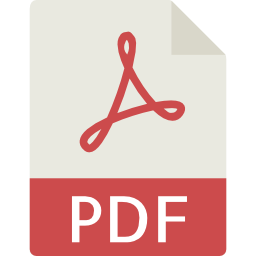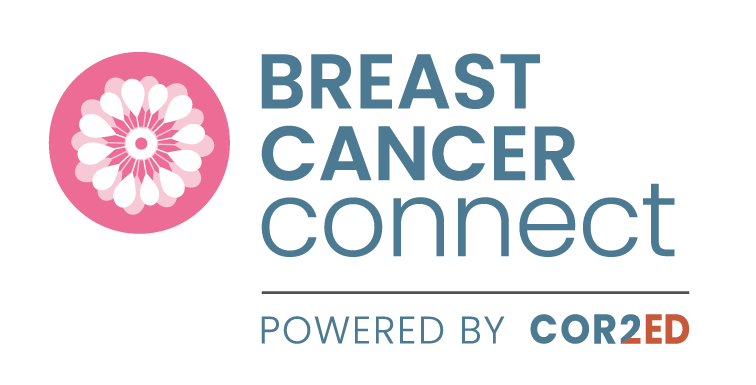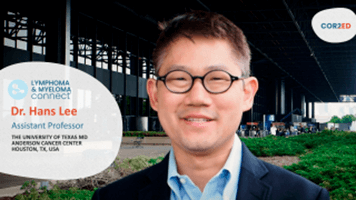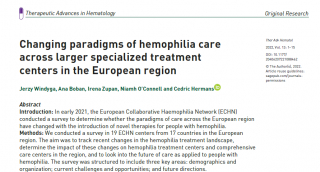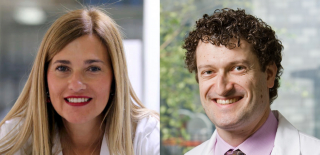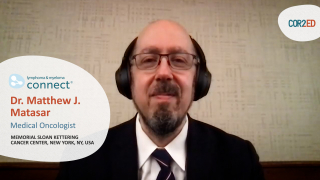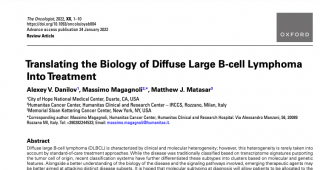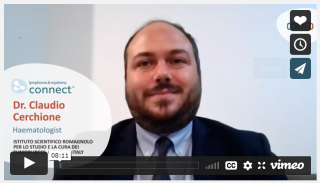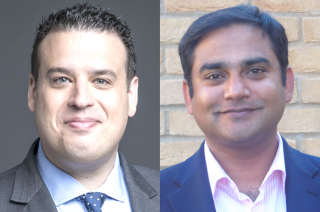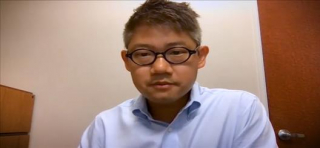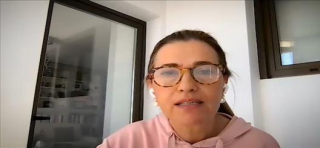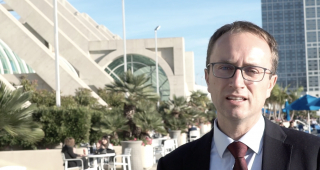
Podcast: Choosing the Best Treatment Regimen in NDMM (Episode 1 of 3)
Podcast: Choosing the Best Treatment Regimen in NDMM (Episode 1 of 3)
The first episode in a series with Dr. Joshua Richter and Dr. Karthik Ramasamy discussing their views on choosing the best treatment regimen in newly diagnosed multiple myeloma (NDMM) The first episode in a series with Dr. Joshua Richter and Dr. Karthik Ramasamy discussing their views on choosing the best treatment regimen in newly diagnosed multiple myeloma (NDMM)Assoc. Prof. Karthik Ramasamy, Assoc. Prof. Joshua Richter
Listen to Episode 1: Choosing the Best Treatment Regimen in NDMM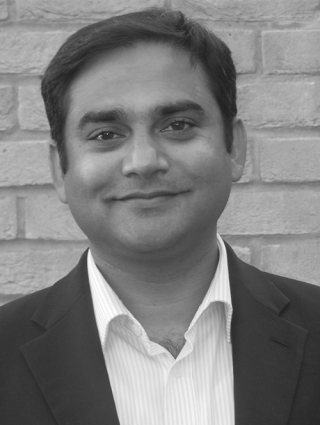
Assoc. Prof. Karthik Ramasamy
Haemato-Oncologist
Oxford University Hospitals NHS Trust
United Kingdom (UK)
Assoc. Prof. Karthik Ramasamy has received financial support/sponsorship for research support, consultation, or speaker fees from the following companies:
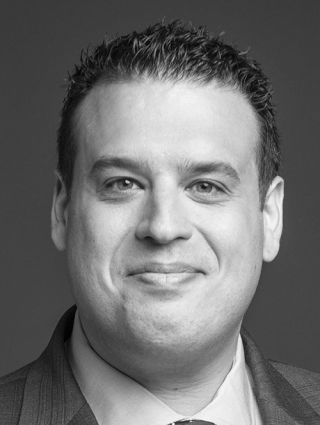
Assoc. Prof. Joshua Richter
Haematologist/Oncologist
Icahn School of Medicine at Mount Sinai
United States (US)
Assoc. Prof. Joshua Richter has received financial support/sponsorship for research support, consultation, or speaker fees from the following companies:
Podcast |
20 min
|
Oct 2021
This programme was made for you: your opinion matters
Share your feedback in just 4 clicks and help us to continue to create the content you need.
I agree that this educational programme:
Was valuable to me:
1/4
Has improved my knowledge of this topic:
2/4
Is likely to change my clinical practice:
3/4
Was balanced and unbiased:
4/4
download resources
This programme was made for you: your opinion matters
Share your feedback in just 4 clicks and help us to continue to create the content you need.
I agree that this educational programme:
Was valuable to me:
1/4
Has improved my knowledge of this topic:
2/4
Is likely to change my clinical practice:
3/4
Was balanced and unbiased:
4/4
Episode 1: The Newly Diagnosed Setting
In the first episode, Dr. Joshua Richter (Assistant Professor of Medicine and Director of Myeloma at the Tisch Cancer Institute at the Icahn School of Medicine and the Blavatnik Family Chelsea Medical Center at Mount Sinai in New York, USA) and Dr. Karthik Ramasamy (Haematologist and Associate Professor of Haematology at the Oxford University Hospitals in London, UK) discuss how to select the best approach in newly diagnosed patients with MM. They discuss personalising therapy, both in the transplant setting as well as in patients who are not eligible for transplantation. They also consider the impact of MRD negativity in clinical practice. The experts agree that the goal of treatment is to induce deep remissions and debate whether triple or quadruplet therapy is required to achieve this goal. The final topic that the experts discuss is continuous vs fixed-duration maintenance therapy.
In the second episode, Dr. Richter and Dr. Ramasamy explore how to select the best treatment approach in the second-line setting and beyond. They discuss at what point they consider a patient to actually be in relapse. The decision on which treatment option to select in the second-line and beyond mostly depends on refractoriness to other drugs. With an increasing number of novel treatment options, choosing a regimen that does not include a drug the patient is refractory to is becoming easier. However, many challenges remain when making these treatment decisions. The experts share their experiences with CAR-T and other T cell redirection therapies, and when to use it in the treatment sequence, concluding with a look into the future of myeloma treatment.
In the third podcast episode, Dr. María Victoria Mateos and Dr. Alexander Lesokhin discuss how they choose the best treatment regimen for patients with multiple myeloma and a high-risk cytogenetic profile. They discuss the treatment options available for patients with high-risk cytogenetics in the US and in Europe and the factors they consider in these decisions in their clinical practice. Although the prior treatment is the most important consideration in the relapsed setting, the type of cytogenetic abnormality also plays a role. The experts specifically discuss treatment decisions in patients with extramedullary multiple myeloma: a difficult-to-treat population. The future of myeloma treatment is also explored, looking at trial design to better meet the needs of patients with a high-risk cytogenetic profile and the role of CAR-T and bispecific antibodies in this population.
This LYMPHOMA & MYELOMA CONNECT podcast series is also available on Castos, Spotify, Apple Podcasts, and Google Podcasts.
LYMPHOMA & MYELOMA CONNECT is an initiative of COR2ED, supported by an Independent Educational Grant from Bayer and from Karyopharm Therapeutics.






